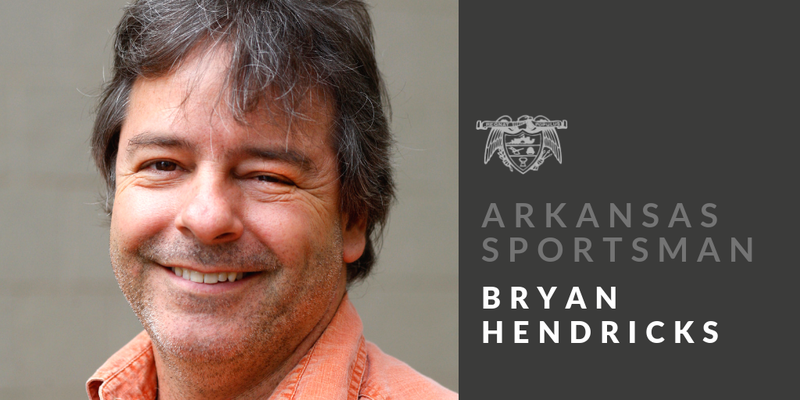In its ongoing struggle to regulate public land duck hunting, the Arkansas Game and Fish Commission requires duck hunters to be out of the woods and off the waterways by noon at the Bayou Meto Wildlife Management Area and the Dave Donaldson Black River WMA.
Commissioner Bobby Martin of Little Rock said the regulation is unnecessary and unqualified. He also said it is counterproductive to recruiting new hunters because it signals that they are unwelcome. That is a major concern for an agency that depends on the sale of hunting licenses, which are in declining demand.
Commissioner Joe Morgan of Little Rock counters that disturbance caused by excessive human activity diminishes Bayou Meto's value as waterfowl habitat by pressuring ducks off the area. Game and Fish biologists observed throughout the 2019-20 duck season that ducks increasingly take refuge on unmanaged, unhunted private land.
Lack of ducks equals poor hunting, and poor hunting repels new hunters, Morgan said.
Both have a point. In a contentious compromise, Martin and Morgan struck a fair balance. Anytime the commission must choose between the interests of hunters and the resource, it is obligated under Amendment 35 and also its own mission statement to err in favor of the resource. Any action that benefits ducks, deer or turkey ultimately benefits hunters. Hunters will adapt accordingly to good and bad policies alike.
Like most Arkansans of their means, Martin and Morgan hunt private ground that they manage strictly for the benefit of ducks. They control access, and they seldom hunt past 9 a.m., which gives ducks all day to be comfortable and unbothered except for a few hours in the morning.
The public has a right to the same quality of hunting that private landowners enjoy, to the extent that the unique dynamics of public land allow. In Arkansas' wildlife management areas, the public is welcome with no limit on numbers. Therefore, limiting access is not a consideration. The Game and Fish Commission has successfully attempted to mitigate certain human behavioral barriers to quality hunting by enacting strict boating regulations and by banning commercial hunting guides. The only tool left at its disposal is to require hunters to be absent from the area by a reasonable hour. Noon is a generous limitation when you consider that almost all private landowners vacate their woods much earlier.
The bigger problem facing Bayou Meto is the one that will ultimately kill it if relief doesn't come soon. Water stays on the area far too late in the year, much to the detriment of Bayou Meto's red oak timber. It is not the Game and Fish Commission's fault, but as Morgan often says, the public will blame Game and Fish if the ecosystem collapses. The problem is actually off the WMA in the form of logjams on portions of Little Bayou Meto on private property that prevent water from flowing to the Reydell pump station.
For years, the Reydell pump station didn't even have electricity. Former commissioner Ford Overton worked a miracle with Entergy a few months before his term ended to not only supply power, but also to charge the Game and Fish Commission for only power it actually uses. Of course, power is useless if water can't reach the pump. Remedying that problem might take another miracle.
A bigger problem is that none of the entities that comprise the Bayou Meto Irrigation District are directly accountable. The commission often blames the Arkansas Natural Resources Commission, but the ANRC is not responsible for initiating activity within the project. Its function is to finance activity within the project.
Gov. Asa Hutchinson was recently briefed on the dilemma and its assorted complexities. Hutchinson has had quite a bit on his plate the past few months, but he understands how important and valuable a resource Bayou Meto is to Arkansas materially, culturally and symbolically. The WMA has been under extreme duress for his entire tenure, and its peril shows no sign of abating.
If the area deteriorates past a certain point, it cannot be recovered. Hutchinson is said to be sensitive to the perception of that happening on his watch. We are told that he is sincerely interested in facilitating momentum with all parties involved with the Bayou Meto Irrigation Project.
Closing Bayou Meto at noon will not discourage a single hunter from buying a hunting license and duck stamps. As long as the product exists, customers will buy it. Losing Bayou Meto will lose hunters, and it will tarnish the legacy of an otherwise successful and effective agency.

